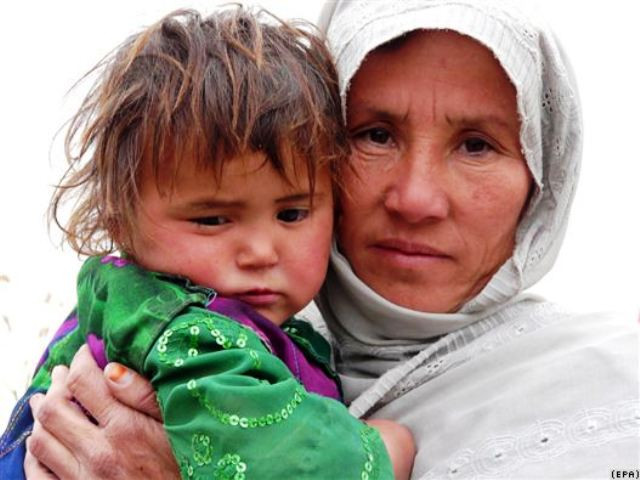While I’ve always been highly sceptical about sweeping indices that rank states on opaque definitions based on broad categories (my thoughts on the “failed states index” can be found here), I do generally consider UN indices to be a bit more interesting.
Don’t ask me why, this isn’t based on any well-researched comparison of the UN versus the think tanks; perhaps I’m just an old-school multilateralist and tend to trust the UN a little more than I should. The UN relies on a number of international agencies for its data, making it incredibly difficult to meaningfully analyse the way the index is created.
But regardless, humour me and let’s consider the latest UN Human Development Index. Let’s at least pretend that its findings can be of some use to us. The report says not to compare rankings to previous reports because different indicators and calculations have been used, which makes it difficult to interpret the report in any meaningful way politically, or in terms of year-by-year development, but perhaps we can make some geopolitical comparisons.
With reference to Pakistan, one trend factor that we can look at is a comparison with other countries in the region. The obvious comparisons are of course to India (119), Bangladesh (129) and Afghanistan (155) and while Pakistan (125) outpaces Afghanistan - this should not be seen as any kind of victory.
Afghanistan is a war zone without a functioning central government. Say what you want about army offensives, terrorist attacks in major cities and the ineffectiveness of Zardari’s government, Pakistan is not Afghanistan. I am even less an expert on Bangladesh than I am on Pakistan, so it’s difficult to make a real comparison there. However, there’s no doubt that Bangladesh, as an even younger nation than Pakistan, has made great strides.
The most tempting comparison to make is of course the traditional rivalry - Pakistan and India - but by no means is it a perfect one. It is notable that despite Pakistan’s geopolitical position with a 10 year long war next door, a damaging domestic insurgency and a less effective central government, it only appears six places behind a country often considered to be China’s most direct competitor in rising power status. Moreover, it is notable that Pakistan has a higher life expectancy at birth than India and a higher mean in years of schooling.
India is a much larger, more diverse, more populous and more stable country, much of that owing to factors beyond both its, and Pakistan's, control. These factors play both to India’s advantage and its disadvantage, but judging from them, and they are incredibly broad factors, I’d say Pakistan is doing reasonably well given the many outside threats that hold it back.
This is no reason for Pakistan to rest on its laurels though. The country still lags far behind Sri Lanka (91) and is embarrassingly outpaced by impoverished, unstable countries like Equatorial Guinea (117), Timor Leste (120) and the Solomon Islands (123). Pakistan is only one spot above Congo (126).
To be contrarian and play devil’s advocate to my own post, you can take these with a grain of salt. Numbers tempt us into a web of assumptions but the reality is, given the rather opaque way in which this index was created, it’s hard to draw any meaningful conclusions from a one or two rank difference.
One conclusion that I’ve made, based on little hard data but a feeling in my gut, is that Pakistanis have much to celebrate and much to bemoan. The relative successes listed above can perhaps be attributed to the ongoing willpower, resilience and determination of the Pakistani people in the face of many challenges. However, if Pakistan is to realise its potential, it needs to empower its civil government and institutions through a viable democratic process, the eradication of corruption and meaningful infrastructure development. Unfortunately, with the devastating floods, the grinding poverty, the decade-long war next door and the spiralling violence, these things appear to be far easier said than done. We can only pray.
This post was originally published here.
Trouble on the development front
Aside from outranking war-torn Afghanistan, Pakistan lags far behind on the human development index.



COMMENTS
Comments are moderated and generally will be posted if they are on-topic and not abusive.
For more information, please see our Comments FAQ